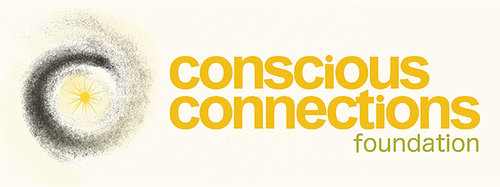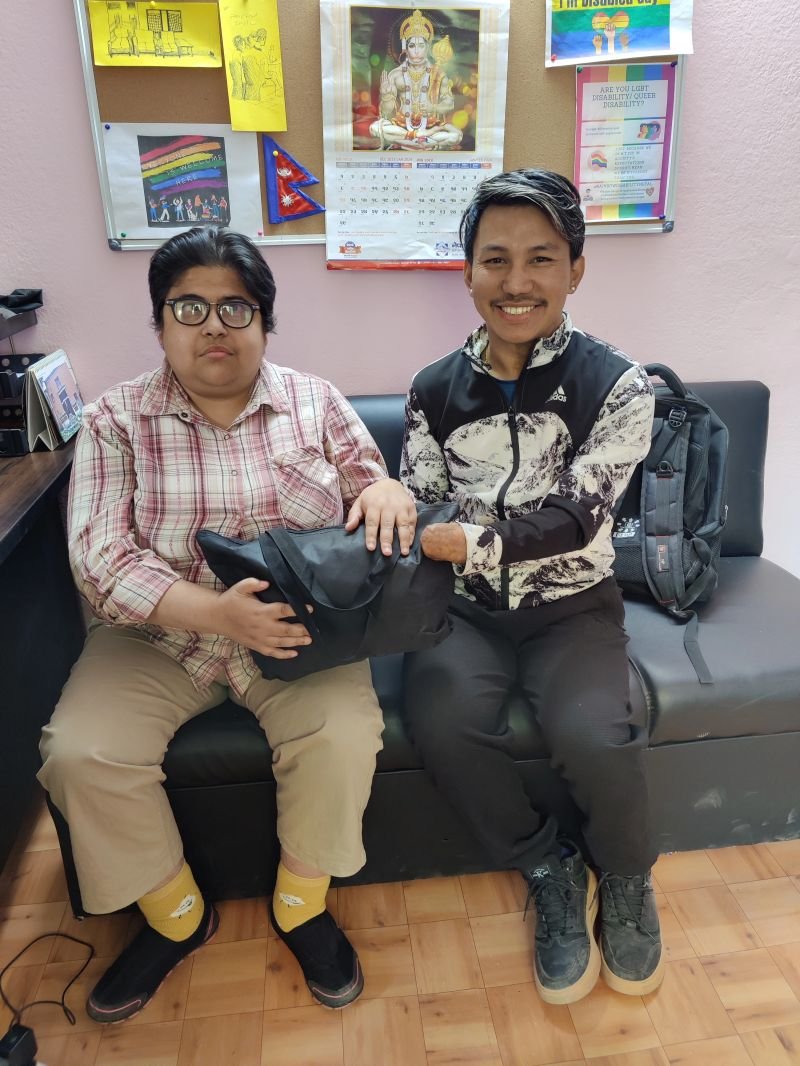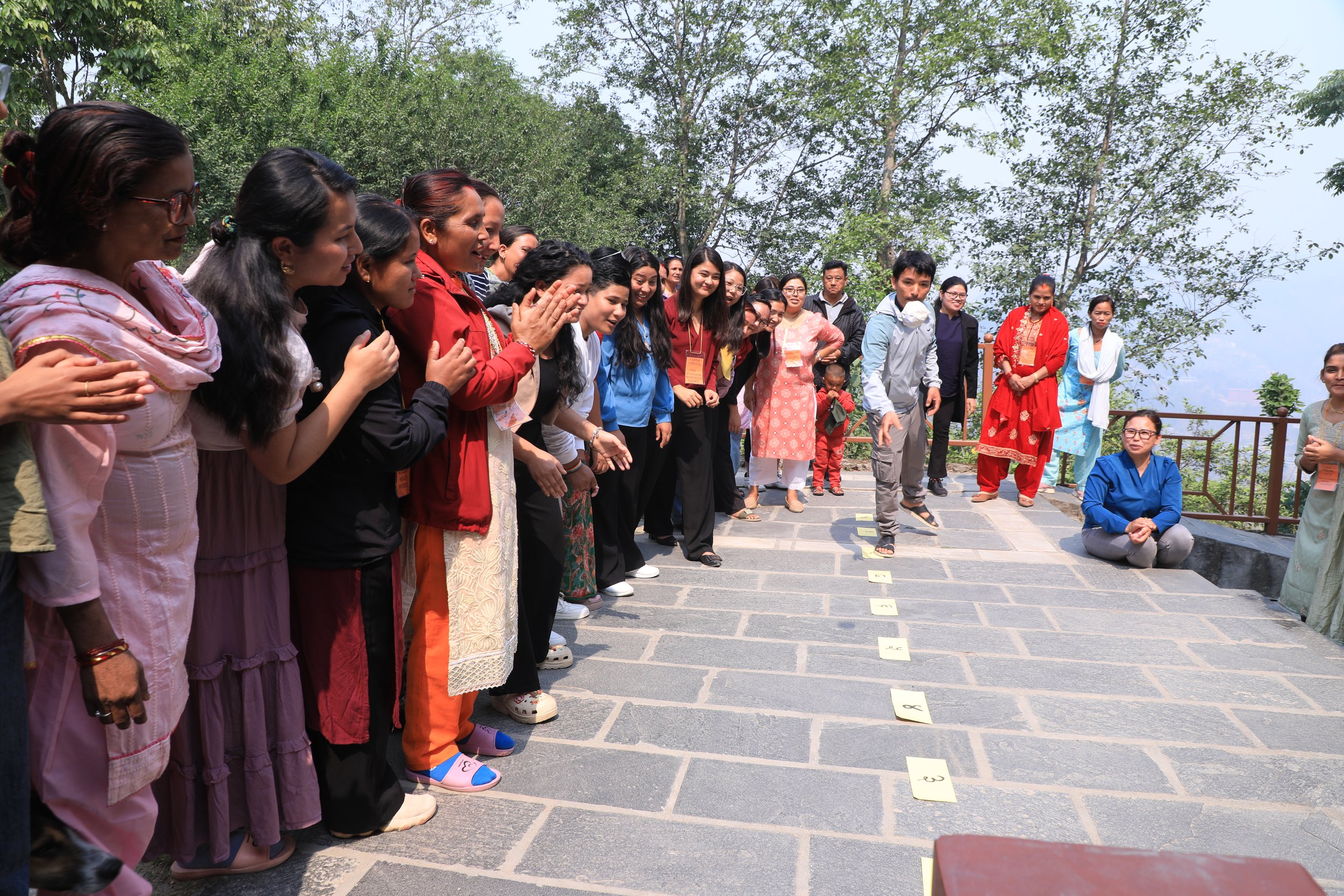Written by Denise Attwood
Dear Friends of CCF,
Our 2024 Annual Report is done and what a year it was for CCF! Incredible to see how a small group of people can come together, dream something into being, work through adversity and transform so many lives (including our own).
CCF started with the belief that if each of us gives a little it’s no longer pocket change but global change and, if we invest in the power of women and girls to be key participants in society then magnificent change can happen. Here we are 11 years later, and we have seen:
Young girls who once faced the prospect of marriage at 13 are now educated and pursuing careers—helping their families and choosing when to marry.
Mothers who longed for better futures for their children—but once lacked avoice in their own homes—now have the power to keep their daughters in school and shape their family’s future.
Young women who first volunteered with CCF programs in Nepal have grown into confident leaders, now founding their own Nepali non-profit to legitimize and expand the impact of this work.
Across Nepal, trainees in our Menstrual Hygiene programs have come together—sharing ideas, learning from their differences, and discovering a deep sense of mutual respect and community.
We have watched suspicion turn into admiration as women and members of the LGBTQ+ community openly discussed the barriers they face and find common ground. Where there once was fear and uncertainty, silence and shame, there is now pride and a newfound confidence as they realize they are not alone but have a huge community of support.
The soil we have built together has become fertile, nourishing each of these amazing people. The future for many looks brighter.
For the last 11 years, our all-volunteer board has been incredible in supporting and building leaders in Nepal, and letting those leaders guide the direction of CCF’s work. In 2024, we welcomed our newest board member, Lisa Bower, to the team! Lisa brings an immense depth of experience from her years of work in international aid. She has been largely responsible for the incredible posts that have appeared recently in CCF’s blog. Look for more to come as we focus more on telling the stories of CCF’s partners and our work together.
Sadly, we said goodbye to long time board member Dr. Kim Maynard, whose years in disaster relief in “the bullpen” and on the ground working in international aid gave her a perspective that encouraged CCF to broaden our vision from “aid” to work that impacts for generations.
CCF has always believed in the power of building strong leaders—and today, that vision is more alive and impactful than ever. You will meet these leaders in the stories throughout the annual report. Immerse yourself into their lives, allow yourself to feel their courage and their pride, and finally allow yourself to feel the beauty that you, as a participant, have helped to create.
We cannot thank you enough and we are so excited to share with you and inspire you.
To a brighter future!
Denise Attwood and the Board of CCF













